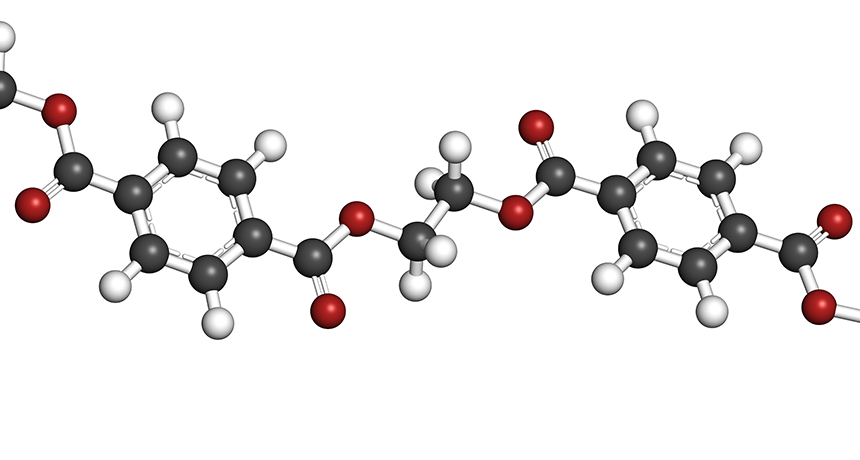Understanding Polymers: The Science Behind Versatile Materials
Exploring the Varied Applications and Advantages of Polymers in Different Industries
Polymers, with their varied variety of residential properties and functionalities, have come to be indispensable in different sectors, each reaping distinct advantages from their application. From improving safety and efficiency in the automotive field to revolutionizing clinical gadgets in the medical care market, polymers play a pivotal function.
Automotive Sector Applications
Polymers play an essential duty in improving the efficiency and sturdiness of numerous components within the automotive industry. One popular use of polymers in the auto industry is in the manufacturing of light-weight parts.

Medical Care Market Benefits
In different medical care applications, the advantages of using polymers are commonly recognized for their diverse range of helpful residential or commercial properties. Polymers play a crucial role in the health care sector as a result of their convenience, biocompatibility, and cost-effectiveness. One of the primary advantages of polymers in medical care is their capability to be tailored to specific needs, such as adaptability, resilience, and biodegradability, making them ideal for a vast array of medical applications.
Polymer-based materials are thoroughly made use of in medical gadgets, such as catheters, implants, prosthetics, and medicine distribution systems, because of their biocompatibility and capacity to imitate natural cells. These products can minimize the threat of allergies or rejections, boosting patient security and results. In addition, polymers are lightweight, making them suitable for wearable medical devices and guaranteeing client convenience.
Furthermore, polymers enable the development of ingenious treatment methods, such as hydrogels for tissue engineering and nanocomposites for targeted medicine shipment. Their ease of handling and sanitation makes them necessary for keeping high criteria of hygiene in medical care settings. In general, the varied benefits of polymers add considerably to developments in clinical technology and patient treatment.
Environmental Benefits of Polymers

Additionally, polymers can add to power savings due to their lightweight nature. In markets such as transportation, light-weight polymer materials can help in reducing gas intake and greenhouse gas exhausts. Additionally, polymers visit the website can enable the development of energy-efficient items such as insulation products that boost power preservation in structures.
Additionally, polymers play a crucial role in lowering water pollution. For instance, using polymer-based filtration systems can effectively remove toxins and impurities from wastewater, securing water sources and ecological communities. In general, the environmental advantages of polymers make them beneficial possessions in advertising sustainability and eco-friendly practices throughout numerous markets.
Polymers in Electronics and Technology
Taking into consideration the raising need for ingenious and sustainable remedies in modern-day industries, the assimilation of innovative polymer modern technologies in the realm of electronics and modern technology has become an essential strategy for driving performance and efficiency. Polymers have revolutionized the electronics market by making it possible for the production visit this website of lighter, a lot more flexible, and sturdy electronic devices. From smartphones to clinical devices, polymers play a crucial function in improving product layout and capability.
One significant benefit of polymers in electronics is their insulating residential or commercial properties, which assist protect delicate electronic parts from environmental aspects and electric disturbance. In addition, polymers are crucial in the development of adaptable displays, wearable modern technology, and printed electronics, using unlimited possibilities for creating wise and interconnected tools.
Additionally, using polymers in digital packaging has resulted in innovations in miniaturization and thermal administration, enhancing the total efficiency and reliability of electronic systems. As innovation continues to advance, the versatility and versatility of polymers will most certainly drive further development in the electronic devices market, forming the future of modern technology.
Function of Polymers in Building And Construction and Infrastructure
Polymers provide many benefits in the building and construction industry due to their convenience, longevity, and cost-effectiveness. One essential duty of polymers in building is their use in layers and sealers, giving protection versus environmental factors such as dampness, UV radiation, and corrosion.
Moreover, polymers play a crucial duty in sustainable building and construction methods by enabling the growth of energy-efficient structures. Insulating products made from polymers help manage indoor temperature levels, decreasing the need for home heating and cooling down systems and eventually lowering power consumption. Moreover, the use of polymer-based compounds in infrastructure jobs such as bridges and roads improves their longevity and minimizes upkeep costs. In general, the incorporation of polymers in building and infrastructure showcases their considerable influence on modern engineering techniques.
Verdict
To conclude, polymers play an essential function in different markets such as auto, healthcare, environmental, electronics, and building. Their flexible buildings make them valuable in creating cutting-edge solutions and products. From improving fuel efficiency in vehicles to enhancing clinical devices, polymers offer numerous advantages. Additionally, their navigate to this site effect on minimizing waste and advertising sustainability highlights their significance in modern applications. The extensive use polymers demonstrates their substantial contribution to advancing innovation and enhancing high quality of life.